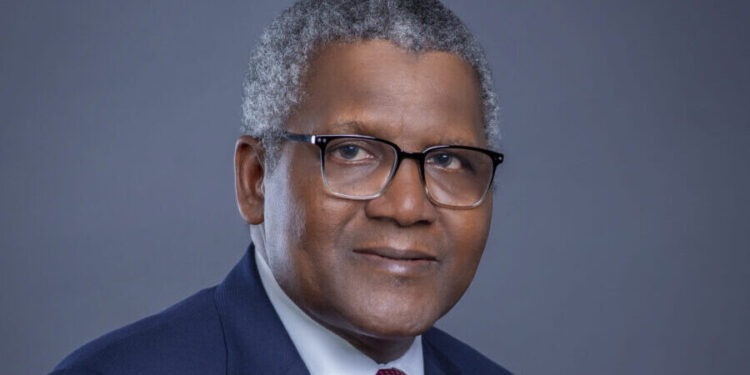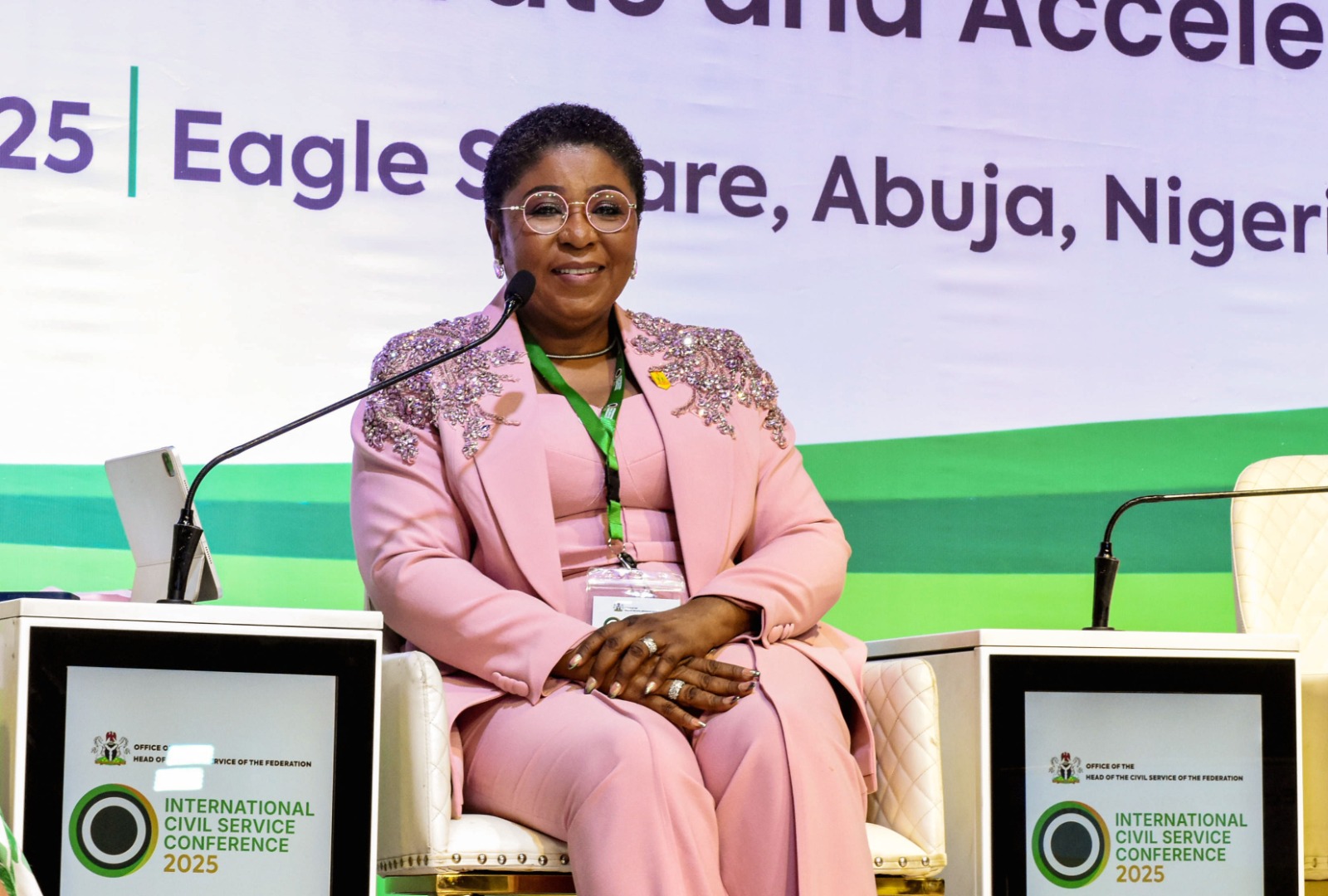Aliko Dangote, renowned founder and chief executive of the Dangote Group, recently recounted an eye-opening ride in an Uber while visiting Italy—an experience that has sparked discussion among business enthusiasts, tech followers, and everyday Nigerians alike.
According to Dangote, who spoke in a video shared on social media by TVC, he found himself in need of alternate transportation when his personal driver was unavailable during his stay in Italy. Instead of waiting endlessly, his assistant quickly arranged for an Uber ride to take them to their next destination—a simple but relatable challenge, especially for many Africans who travel abroad and sometimes have to adapt to new transportation realities.
Encounter with Innovation: Dangote’s Uber Ride
During the ride, Dangote initiated a conversation with the Uber driver, which soon turned to technology and transportation. He noted that the driver was courteous, offering them mint or chewing gum—a gesture Dangote politely declined. But the real conversation started when Dangote complimented the comfort and quality of the vehicle they were riding in.
The driver, seizing the opportunity, proudly told him that the car was a Tesla, one of the world’s leading electric vehicles. Dangote further inquired about the cost of operating such a car, given Europe’s generally high energy costs—a major concern shared by many Nigerians considering electric vehicles amid Nigeria’s own power and fuel challenges.
According to Dangote’s retelling, the driver explained that it costs about €20 (roughly ₦21,000 at the current exchange rate) to fully charge the Tesla, which is enough to cover approximately 500 kilometres. This comparison, he said, made him reflect on the changing economics of transportation, especially at a time when fuel prices and environmental concerns are dominating discussions in Nigeria and across Africa.
Economic and Environmental Shifts: Implications for Nigeria
Dangote’s Uber journey is more than just a tale of international travel. It highlights the rapid shift toward electric vehicles globally—a development that Africa, and Nigeria specifically, cannot afford to ignore. While some may see the move to electric cars as a distant future, Dangote’s experience demonstrates that the future is already here in many parts of the world, and it’s transforming daily life and business operations.
- Cost Efficiency: If €20 can power a vehicle for 500km, that’s a radical reduction compared to petrol and diesel costs prevalent in Nigeria, where both scarcity and subsidy removal have made fueling cars increasingly expensive.
- Environmental Impact: With concerns about climate change and pollution, electric vehicles offer a cleaner alternative—something Lagos, Abuja, Accra, and other congested African cities could benefit greatly from.
- Technological Adaptation: Dangote’s key takeaway was simple but profound—adapt or be left behind. As he put it, failing to embrace new tech could make anyone “archaic,” and in an ever-globalising world, that’s a warning worth heeding.
Challenges and Opportunities for African Transportation
While Dangote’s account is intriguing, it also raises questions about the readiness of African markets—especially Nigeria and Ghana—to shift toward electric vehicles. Issues such as unreliable power supply, infrastructural gaps, and affordability remain significant roadblocks.
According to Lagos-based transport analyst, Ayo Sanya, “The prospect of electric vehicles is exciting, but we must account for Nigeria’s power grid, which is still unstable for many consumers. Until there’s a holistic power strategy, the mass adoption Dangote describes may remain out of reach for the average Nigerian driver.”
On the other hand, Ghanaian tech entrepreneur Kojo Mensah argues that Africa can begin by building localized solutions: “We don’t have to import the entire Western model. Solar and hybrid charging, battery recycling, and public-private partnerships can create our own roadmap—culturally relevant and realistic.”
Comparisons with Local Transport Realities
For many in West Africa, daily transportation is dominated by petrol-powered vehicles—danfos, okadas, keke napeps, and ride-hailing services like Bolt and Uber. Yet, as fuel costs increase and urban pollution becomes a bigger issue, the interest in alternatives grows. Government policies, investment incentives, and local production of EV infrastructure could speed up adoption, but will require clear vision and strategic implementation.
- Affordability: With the cost of imported Teslas and similar vehicles out of reach for most, local assembly or more affordable EV options could open up the market.
- Infrastructure: Charging stations, grid upgrades, and road improvements must complement any move toward electric mobility.
- Policy Support: Tax breaks, subsidies for EV buyers, and investment in education around new tech would help ease the transition.
Countries like Kenya and South Africa have already made tentative steps towards EV integration, and Nigeria—Africa’s most populous country—could follow, learning not just from Europe, but adapting solutions to West African realities.
What Nigerian and West African Commuters Can Learn
Dangote’s Italian Uber experience serves as both an inspiration and a reality check for African markets. It underscores the importance of innovation in business and everyday life, while also reminding readers that change is not just about hardware or technology, but about mindset and readiness to evolve.
As Dangote concluded, “So things have changed and all of us will have to keep changing because if not, you will become archaic.” For readers in Nigeria, Ghana, and across Africa, the challenge is clear—how can we prepare ourselves, our communities, and our businesses to meet the future, head on?
How Are Nigerians Responding?
On social media, Nigerians and West Africans responded with a mix of pride and curiosity. Some praised Dangote for his willingness to adapt and learn abroad, seeing him as a role model for embracing new ideas. Others highlighted the gap between what’s available in Europe and everyday realities at home, pressing for immediate improvements in local infrastructure and business policies.
Regardless of where you stand, Dangote’s story encourages a vital conversation about adaptation, progress, and the future of movement in Africa. Whether through government policy, business innovation, or simply keeping an open mind, the journey to sustainable and affordable mobility is one we all have a stake in.
What do you think? Would you be willing to shift to electric vehicles if the infrastructure and affordability challenges were resolved in Nigeria or West Africa? Have you had a similar experience with ride-hailing services in or outside Africa?
Have you experienced electric vehicles abroad or have thoughts on the future of transportation in Nigeria and West Africa? We want to hear your stories and opinions! Share your views in the comments or send us your own experience to be featured—just email story@nowahalazone.com.
Got tips, suggestions, or news to share? Reach us at support@nowahalazone.com. If you want your story published, or you want to sell your story, our doors are open—contact us today!
Stay connected with Nigeria’s evolving tech space and Africa’s biggest stories by following us on Facebook, X (Twitter), and Instagram. Join the conversation and let your voice shape the story!










